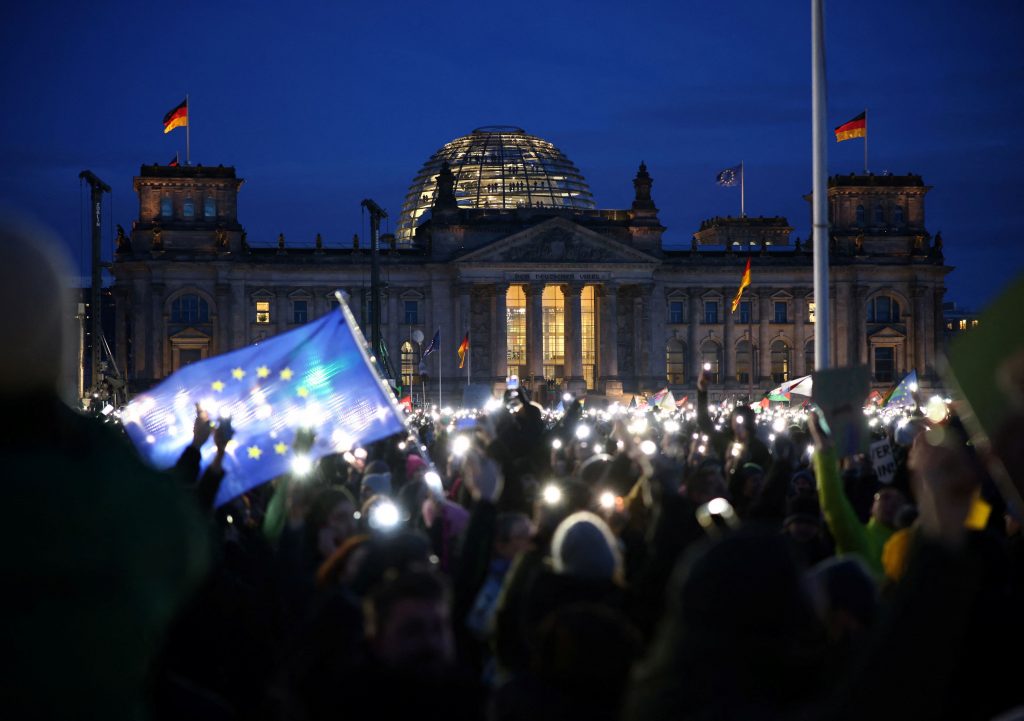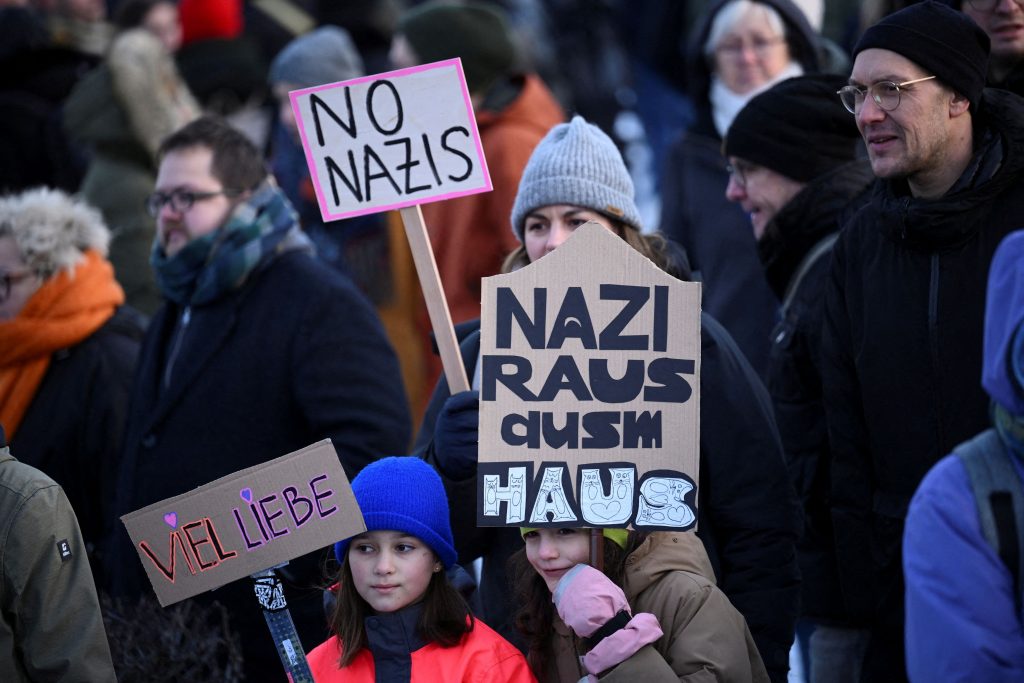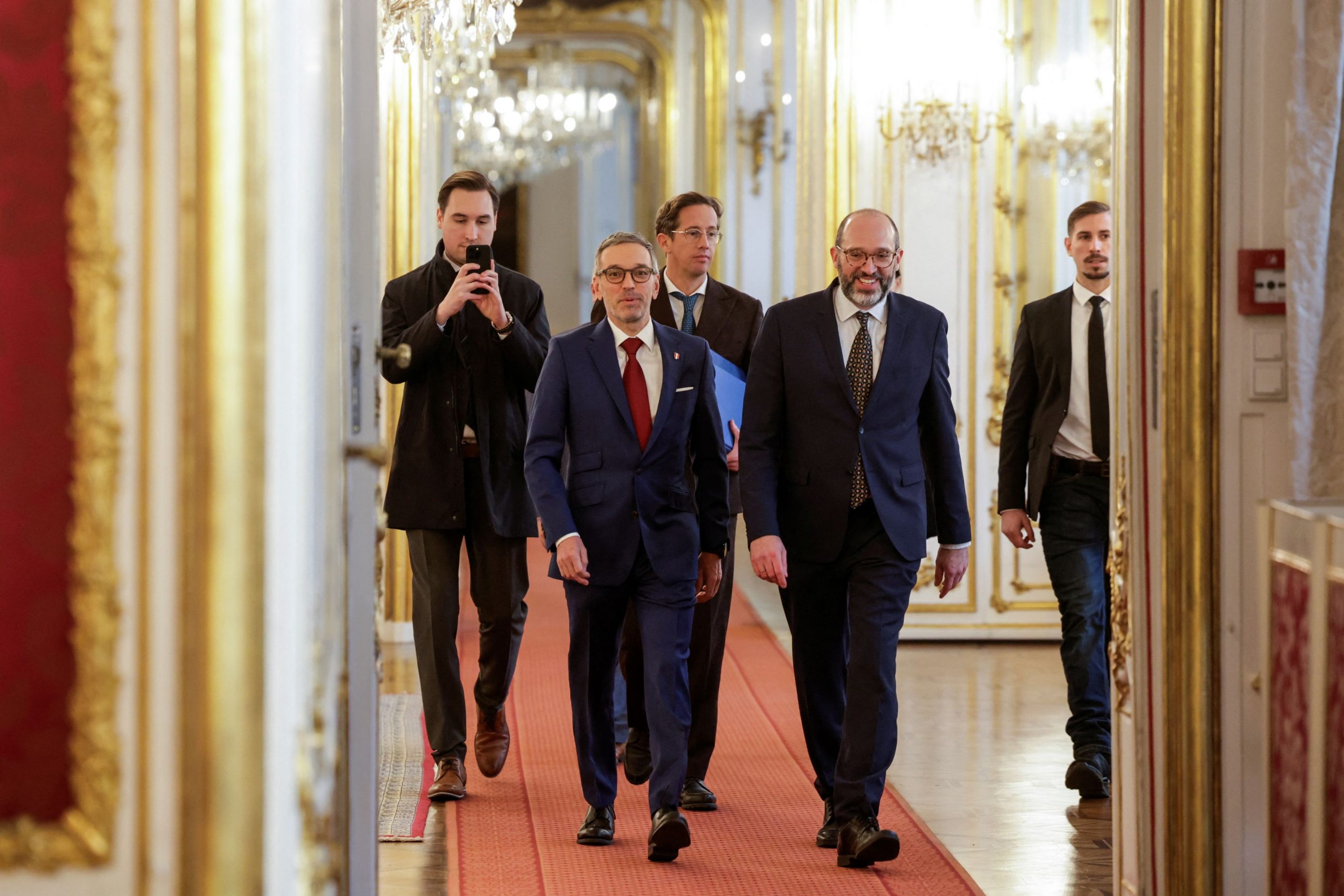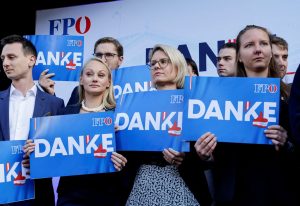For proponents of liberal democracy, the new year has not started on a hopeful note. I am not referring to the interventionist escapades of American media mogul Elon Musk or the imperial fantasies of the future U.S. President and his Turkish friend, Erdogan. Instead, it stems from developments in Austria, a core European country, where the far right is experiencing a significant political resurgence — with implications that extend beyond the Alpine Republic’s borders.
Austria is a relatively small country, yet it has served as a model for political trends elsewhere. In the 1990s, a politician named Jörg Haider gained international notoriety with his xenophobic rhetoric and efforts to downplay the atrocities of the Nazi dictatorship. Haider, who died in a car accident in 2008, was a beacon of hope for Austria’s far-right Freedom Party (FPÖ) and a forerunner of European right-wing populism.
What Haider could not achieve now seems within reach for Herbert Kickl. Following three months of fruitless coalition negotiations among the conservative Austrian People’s Party (ÖVP), the Social Democrats (SPÖ), and the liberal NEOS, FPÖ leader Herbert Kickl has been tasked with forming a government. His party emerged as the strongest political force in the elections three months ago, securing nearly 29% of the vote.
The rise of the far right, which explicitly aims to dismantle elements of the current system, underscores the fragility of the traditional democratic center. “The situation in Austria speaks volumes about the collapse of traditional parties and the speed with which populist and far-right forces can ascend to power,” remarked Germany’s liberal-leaning Süddeutsche Zeitung. The paper also expressed apprehension about the upcoming elections in Germany next month: “This could become a model we might see replicated in Germany in a few months.”

People attend a demonstration against the Alternative for Germany party (AfD), right-wing extremism and for the protection of democracy in Berlin, Germany, January 21, 2024. REUTERS/Liesa Johannssen
To be clear, political conditions in Germany and Austria are not directly comparable. With about 20% support in current polls, Germany’s far-right Alternative for Germany (AfD) has no realistic chance of taking power in Berlin. However, Austria’s developments exemplify a broader failure among democratic parties to find compromises, work constructively together, and convince voters that they can address the complex challenges of the modern era. The far right’s newfound strength is, in part, a reflection of the democratic center’s weaknesses.
In France, the divisions between the left and the center play directly into the hands of the far right. In Germany, the upcoming snap elections result from the collapse of the so-called traffic light coalition of Social Democrats, Greens, and Liberals, which disbanded amid fierce internal conflicts.

People attend a demonstration of a broad alliance under the slogan #TogetherAgainstRight to protest against the Alternative for Germany party (AfD), right-wing extremism and for the protection of democracy in front of the Bundestag building in Berlin, Germany, January 21, 2024. REUTERS/Annegret Hilse
Despite their disagreements, Germany’s democratic parties remain united on one critical point: collaboration with the far right is taboo. This contrasts sharply with Austria, where political elites have long been more flexible. National-level coalitions with the FPÖ have become part of the political landscape. When the ÖVP formed a coalition with Haider’s FPÖ a quarter-century ago, the uproar was significant: the European Union imposed temporary political sanctions on Vienna. Today, Austria no longer faces such repercussions, reflecting the broader rightward shift in European politics. Should FPÖ leader Kickl assume power in Vienna, few expect punitive measures from Brussels.
The FPÖ’s platform and Kickl’s past statements stand in stark contrast to the EU’s foundational values concerning human rights, the rule of law, and media freedom. Kickl advocates for stronger ties with Putin’s Russia and opposes support for Ukraine. His rhetoric about “remigration” — a term even too radical for much of Germany’s AfD leadership — is another cause for concern. Austrian newspaper Der Standard warns that Kickl is poised to join the EU’s “club of disruptors,” led by Hungary’s Viktor Orbán and Slovakia’s Robert Fico.
Greece, meanwhile, enjoys the luxury of observing these political upheavals in central Europe from a distance. Representatives of the ruling Nea Dimokratia party frequently tout the country as an “oasis of stability,” and they are not entirely wrong when it comes to the far right’s potential influence. While Greece has its share of far-right and fascist movements — collectively garnering some 18% in last year’s European elections — these groups are neutralized by their internal divisions. Additionally, Greece’s electoral system, which grants a significant seat bonus to the leading party, facilitates stable governments.
Prime Minister Kyriakos Mitsotakis, along with the Greek populace, can take solace in not facing the political challenges currently confronting Emmanuel Macron in France or Olaf Scholz in Germany.
Dr. Ronald Meinardus is a Senior Research Fellow at the Hellenic Foundation for European and Foreign Policy (ELIAMEP).







